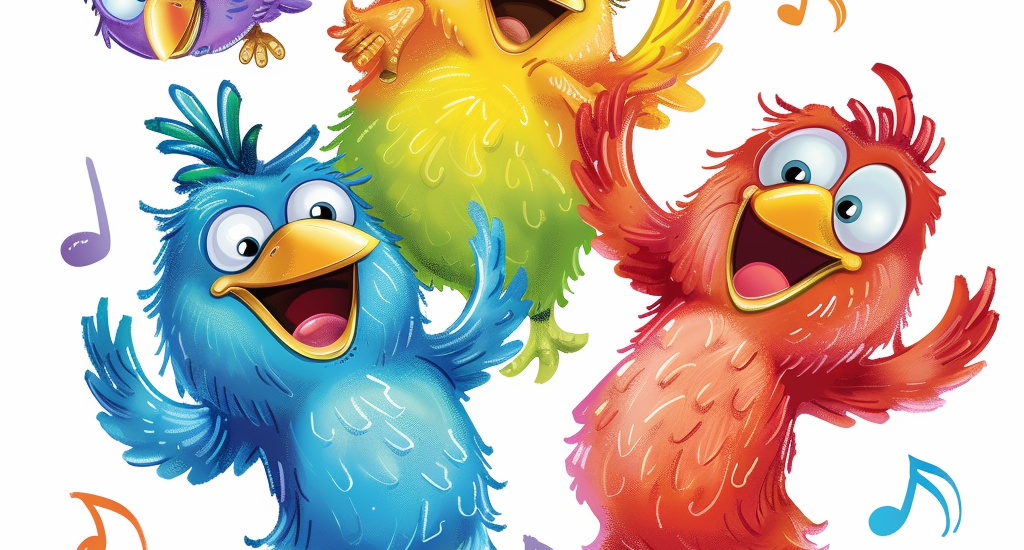


Music is a powerful tool for learning, and kid-friendly songs can make a big difference in helping children with memory and cognitive development. Catchy tunes and repetitive lyrics can aid in language skills, boost memory, and even enhance emotional well-being. Here are ten easy-to-learn songs that any kid can remember, plus why they’re so important for developing minds.
This classic lullaby is perfect for young children. The simple melody and repetitive structure make it easy to memorize, helping kids develop language and memory skills.
Learning the alphabet is a fundamental skill, and “The ABC Song” is a fun and effective way to master it. Singing the alphabet to a familiar tune makes it easier for kids to remember the sequence of letters.
With its repetitive chorus and animal sounds, this song is both educational and entertaining. It helps kids learn about different animals while reinforcing memory through repetition.
This interactive song encourages kids to participate by clapping their hands, stomping their feet, and shouting “Hooray!” The actions associated with the lyrics make it memorable and fun.
Similar to “Twinkle, Twinkle, Little Star,” this song has a simple melody and repetitive lyrics. It helps with memory retention and introduces children to the concept of rhyme.
This lively song is great for teaching sequences and actions. Each verse introduces a new part of the bus, and the accompanying motions help reinforce memory and coordination.
This action song is fantastic for physical and cognitive development. It helps kids learn body parts while engaging them in movement, which can enhance memory retention.
With its gentle tune and repetitive verses, “Mary Had a Little Lamb” is easy for kids to learn. The narrative structure also helps improve storytelling and sequencing skills.
This short and simple song is great for teaching rhythm and teamwork if sung in rounds. Its repetitive nature makes it easy to remember and fun to sing.
Counting songs like “Five Little Monkeys” help kids with numerical skills and memory. The repetitive countdown format reinforces both counting and sequencing.
Songs introduce new vocabulary and language structures. Repetition in songs helps kids internalize words and phrases, improving their language abilities.
The repetitive nature of songs makes them easier to remember. Music activates multiple areas of the brain, aiding in the retention of information.
Learning and singing songs require children to follow patterns, sequences, and rhythms, all of which enhance cognitive development.
Many children’s songs involve actions and movements. Coordinating actions with lyrics helps develop motor skills and reinforces memory through physical activity.
Singing is a joyful activity that can reduce stress and anxiety. It creates positive associations with learning and can improve overall emotional health.
Kid-friendly songs are not just entertaining; they’re powerful tools for learning and memory development. By incorporating these easy-to-learn songs into your child’s daily routine, you can help them develop important cognitive and language skills while having fun. So, start singing, dancing, and enjoying the magic of music together!